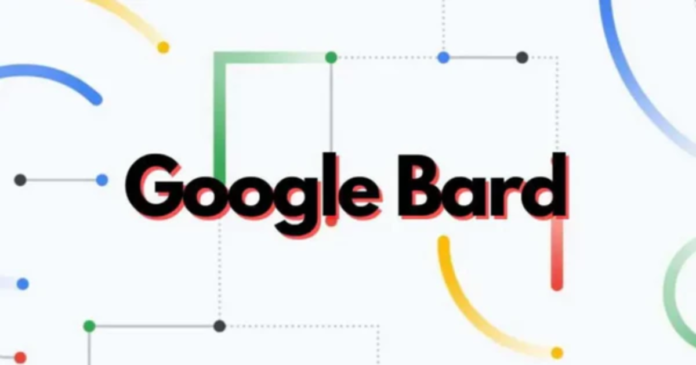
About 180 new nations and territories have recently gained access to Google’s AI chatbot Bard, yet not one of the European Union nations is included on the list. Google’s plan to launch the AI Chatbot Bard this week has however been halted. This has been a result of Google’s failure to comply with requirements or address privacy issues raised by the Irish Data Protection Commission, or DPC, which oversees Google’s Dublin-based EU operations.
Graham Doyle, DPC’s deputy commissioner, claimed Google “recently” notified the group of an impending Bard launch in the EU, which was first reported by Politico. A “data protection impact assessment,” which is required by EU privacy legislation, was requested by the DPC. The DPC raised more questions after Google refused to give the docs, and Google has not yet replied. Doyle claims as a result that “Bard will not now launch this week.”

“We said in May that we wanted to make Bard more widely available, including in the European Union, and that we would do so responsibly, after engaging with experts, regulators, and policymakers,” a Google representative told Politico. “We’ve been speaking with privacy regulators as part of that process to answer their queries and get their feedback.”
The EU continues to express privacy concerns about the new breed of AI chatbots, while companies aren’t yet aware of all the requirements. With ChatGPT, we’ve seen this previously. The bot is currently under investigation in Germany, France, and Spain, and an EU-wide task force is also working on the case. It was temporarily banned in Italy.
Chatbots like Bard and ChatGPT raise a variety of privacy issues, from inadequate protections for minors to the inability to opt out of the data gathering that powers these systems. Did you know that OpenAI automatically captures your ChatGPT interactions and uses this data to train its system? And that human moderators can also analyze this same data. Users may not always be aware of it, but it’s not necessarily a bad thing.
The DPC’s concerns with Bard are unclear, although alternatives like Bing AI and ChatGPT are still accessible throughout the EU.
Discover more from TechBooky
Subscribe to get the latest posts sent to your email.















